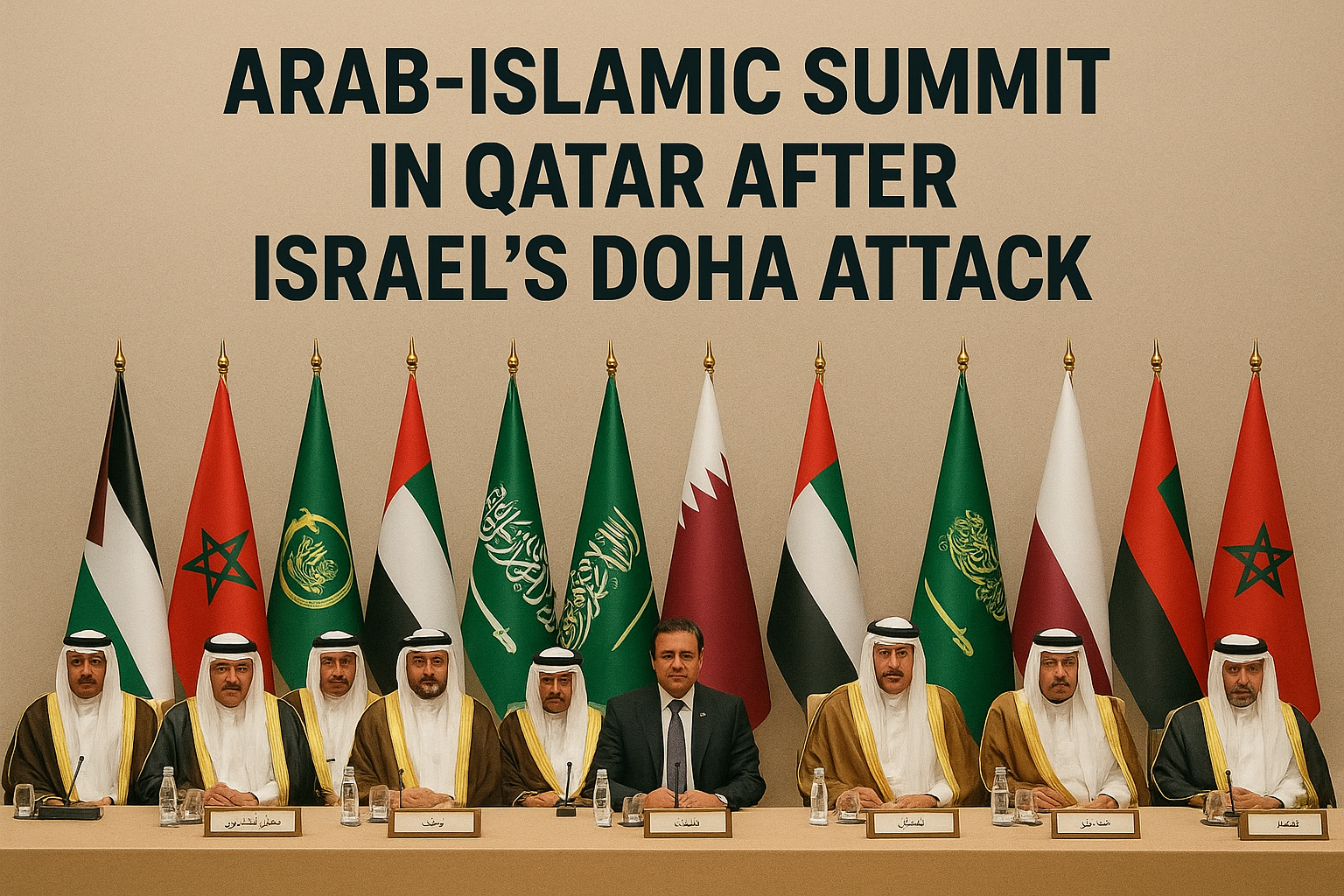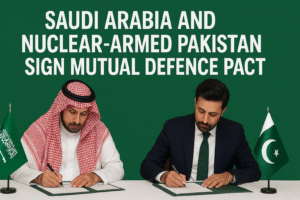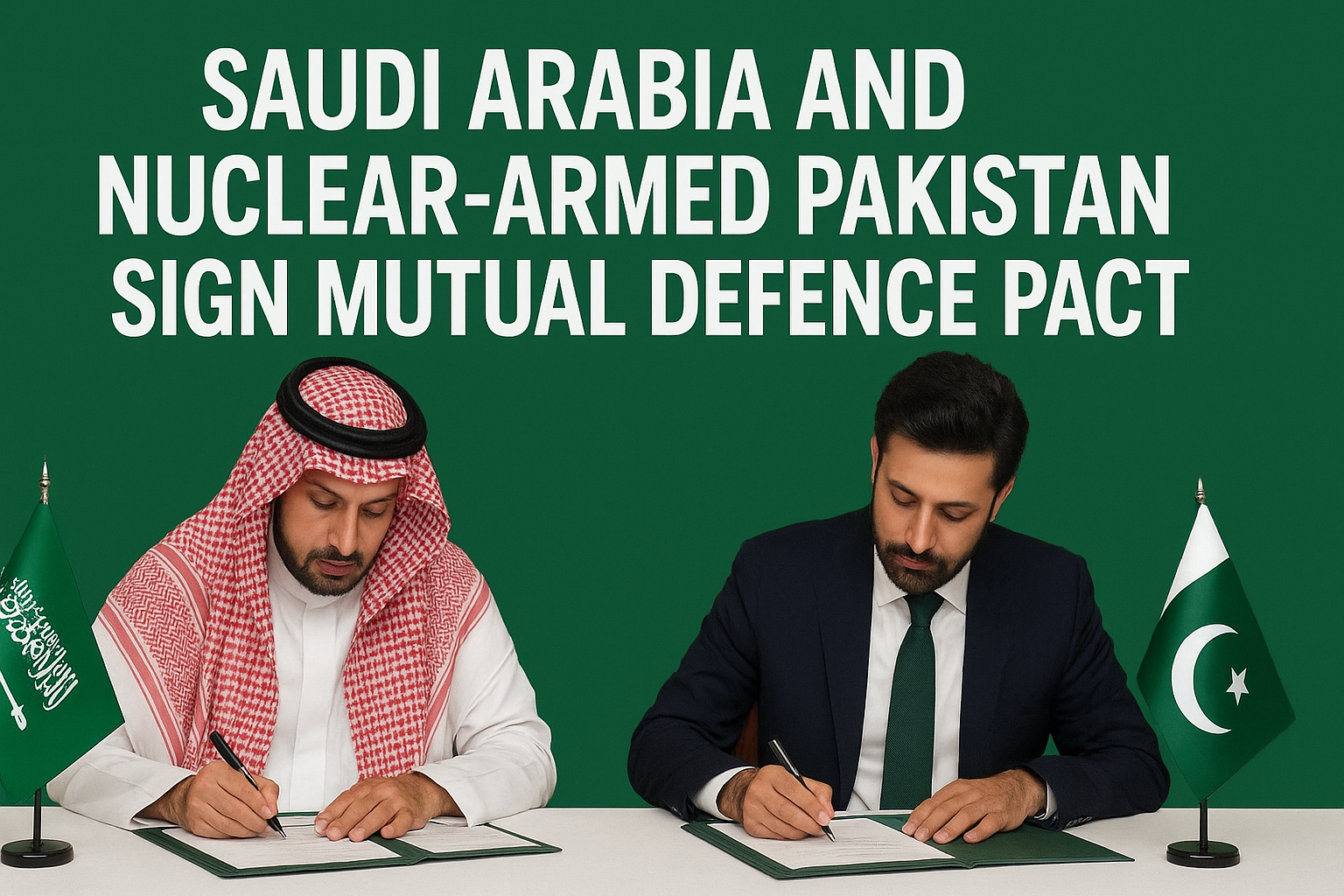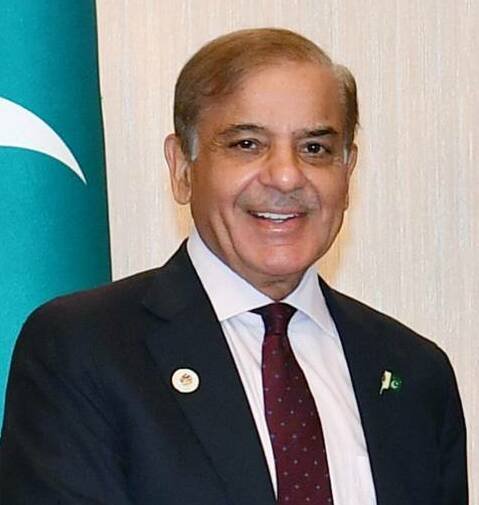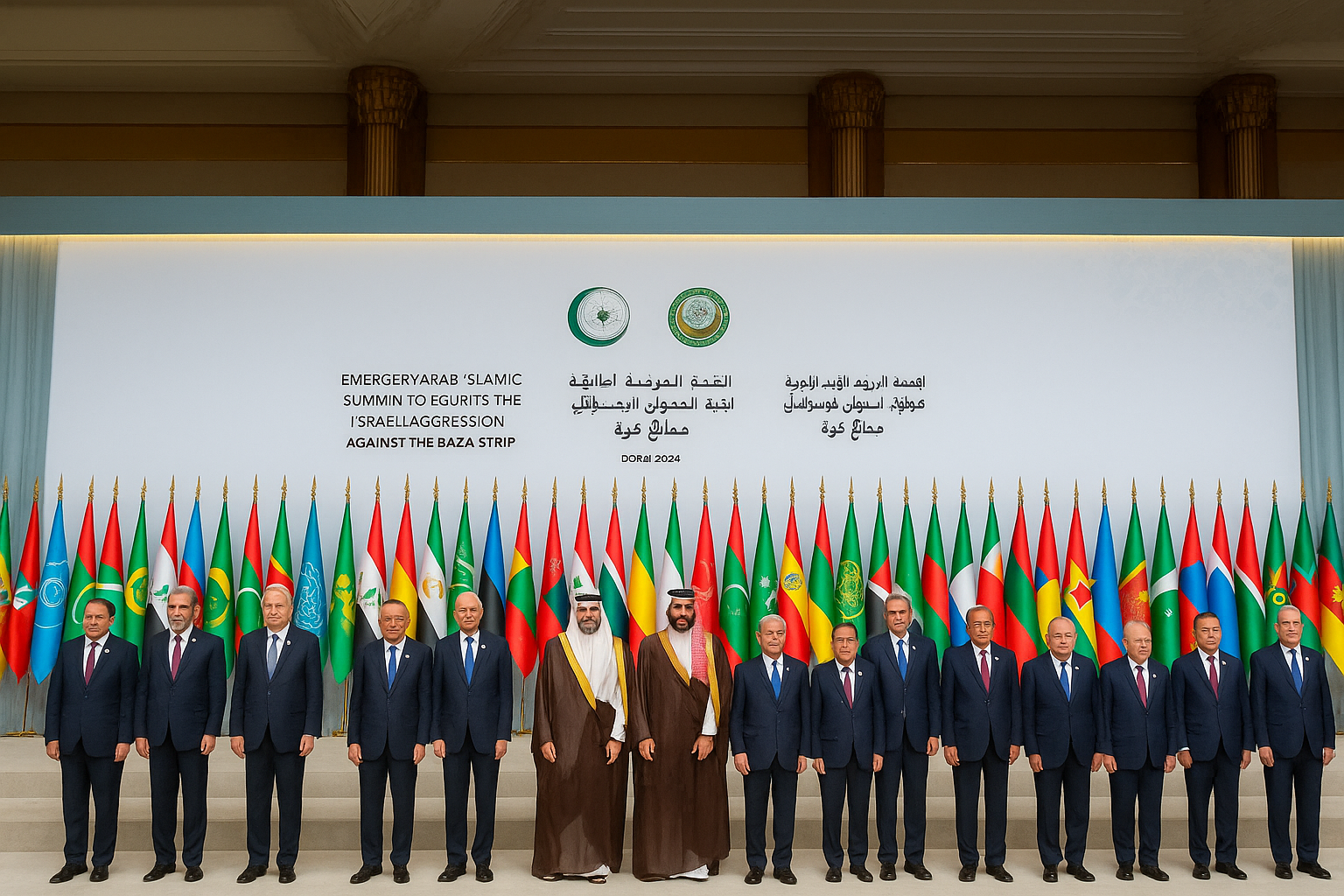Qatar is pursuing a unified response to Israel, which has launched attacks on multiple other nations while relentlessly bombarding Gaza.
Leaders from various parts of the region are convening in the capital of Qatar to deliberate on a formal reaction to Israel’s strikes on Doha that occurred last week, which Israel claimed were aimed at Hamas leadership and had repercussions throughout the Middle East and beyond.
Israel initiated the missile strikes while Hamas members were assembled in their Doha office to negotiate a deal suggested by United States President Donald Trump, aimed at concluding Israel’s two-year genocidal campaign against Gaza.
The assault took place mere hours after Israel’s Foreign Minister Gideon Saar asserted that Israel had agreed to the Trump proposal, which would involve the release of all 48 captives held by Hamas in Gaza in return for Palestinian prisoners detained by Israel and a ceasefire.
In the course of the attack, Israel eliminated five Hamas members and a Qatari security official, although it did not succeed in killing the Hamas leadership it claimed to be targeting.
The United Nations Security Council condemned the attack unanimously on Thursday.
How is Qatar responding?
Qatar has extended invitations to leaders from Arab and Islamic nations for discussions that will lead to the emergency Arab-Islamic summit scheduled for Monday.
Majed bin Mohammed al-Ansari, spokesman for the Ministry of Foreign Affairs, informed the Qatar News Agency (QNA) that “the summit will address a draft resolution concerning the Israeli assault,” which represents yet another example of “state terrorism perpetrated by Israel.”
On Sunday, a gathering of foreign ministers will focus on the draft, which is anticipated to contribute to the growing international outcry against the Israeli assault.
Prime Minister Sheikh Mohammed bin Abdulrahman bin Jassim Al Thani, who met with Trump in New York on Friday, stated that Qatar will seek a unified response to the attack, which has endangered the entire region.
Qatar has historically played a mediating role, striving to bring an end to Israel’s conflict in Gaza and foster regional solidarity.
Who is attending?
Leaders from the 57-member Organisation of Islamic Cooperation (OIC) and the 22-member Arab League will attend.
Iran’s President Masoud Pezeshkian is confirmed to attend, as are Pakistan Prime Minister Shehbaz Sharif and Malaysian Prime Minister Anwar Ibrahim.
On Saturday, Iran’s security chief Ali Larijani issued what he called a “warning to Islamic governments” and said they must “form a ‘joint operations room’ against the madness” of Israel instead of resorting to mere statements.
The full list of dignitaries in attendance on Monday is yet to be confirmed.
What can come out of the summit?
Leaders from the 57-member Organisation of Islamic Cooperation (OIC) and the 22-member Arab League are set to participate.
Iran’s President Masoud Pezeshkian is confirmed to be in attendance, along with Pakistan Prime Minister Shehbaz Sharif and Malaysian Prime Minister Anwar Ibrahim.
On Saturday, Iran’s security chief Ali Larijani issued what he termed a “warning to Islamic governments,” stating that they must “establish a ‘joint operations room’ against the madness” of Israel rather than merely issuing statements.
The complete list of dignitaries expected to attend on Monday has yet to be finalized.
What outcomes can be anticipated from the summit?
A strongly worded statement condemning Israel is assured at the summit.
The leaders will deliberate on possible actions they could undertake to counter Israeli aggression throughout the region.
Israel has also conducted bombings in Iran, Syria, Lebanon, and Yemen, as its genocidal campaign in Gaza and military operations in the occupied West Bank persist unabated.
The sense of security that Qatar and its neighboring states have enjoyed has been disrupted, which may lead them to pursue new security or defense arrangements with the US that extend beyond mere arms purchases.
However, there are political factors to consider, particularly as Washington continues to provide unwavering support to Israel despite increasing international discontent.
As ministers and leaders arrived in Doha on Sunday, US Secretary of State Marco Rubio traveled to Israel to meet with Prime Minister Benjamin Netanyahu and other senior officials. Among other topics, they are likely to discuss plans to annex significant portions of the West Bank.
This plan has been characterized by the United Arab Emirates, a participant in the US-sponsored Abraham Accords aimed at normalizing relations with Israel, as a “red line” that would jeopardize the agreement.
Saudi Arabia and other regional nations that Israel and the US are considering as potential future members of the Accords are perceived by analysts to be further away than ever from normalizing relations with Israel.
Among the instruments available to nations for addressing rogue aggression are measures such as the reduction of diplomatic relations.
Arab nations, including Qatar, Saudi Arabia, Kuwait, and the UAE, possess significant financial resources that can be utilized as leverage, along with substantial sovereign wealth funds invested internationally, which could lead to restrictions on Israel, such as trade limitations.
Qatar has indicated that a portion of its response will involve legal actions, including the pursuit of Israeli breaches of international law.

